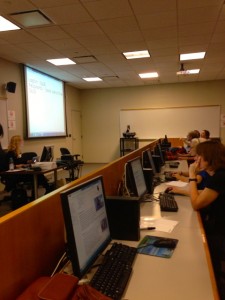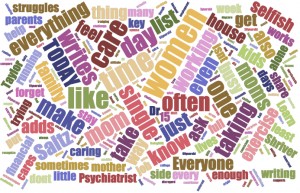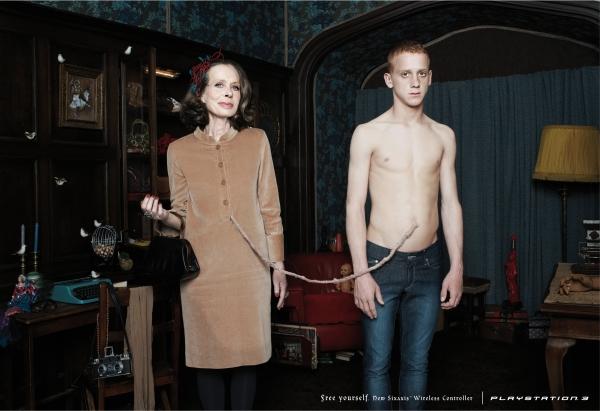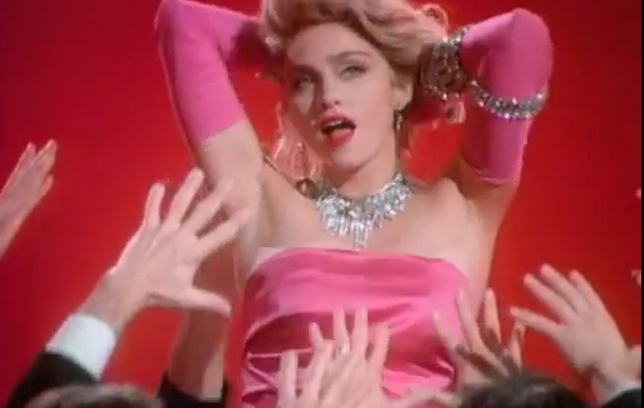Hello Friends –
I really hope you’ll help me get this Mother Studies project started!
I’ve finally got my 3 word short description of my project:
#Hacking June Cleaver
Major Points:
Great class. Great projects.
I need your help to make Mother Studies a reality
I’m looking for a great team to bring a new area of study to the academy!
Description: Mother Studies is an introduction to the concept of motherhood, fatherhood and family through a critical lens. Coursework includes articles, research, popular media, film, and literature to demonstrate that ‘mothering’, birthing, caregiving, and childrearing are actually ‘work’ in the true sense of the word. From pregnancy to ‘labor’ the requirements of women, physically, emotionally and spiritually are challenged and stretched, and therefore so are men’s. Participants examine changing perceptions of mothers throughout history, including some feminist theory, political theory, and sociological theory. Materials will predominantly be focused on representations of mothers in the United States, but we’ll also peek at global perspectives, policies, health statistics, and methods of conception. This degree takes a scholarly approach to ideas of motherhood, but students will be encouraged to examine their personal experiences as well. This degree offers students a chance to explore the evolution of family, gain understanding of the historic marginalization of women, and expand on notions of caregiving so we can collectively move future family experiences forward in educated and empowered ways. This is a useful degree for nurses, students of the social sciences, women’s and gender studies, philosophy, history, public health, early childhood studies, digital humanities, and education majors.
I made a power point and uploaded it to YouTube. This project incorporates many of the elements you have expressed interest in, including: syllabi collection, data mapping, pod-cast or video production, and coding. I promise this project will be a real collective endeavor. I need your unbiased, smart, and beautiful contributions. [CLICK] to see YouTube, or PDF file of project proposal is attached at the bottom of this post and here: Class Preso Final PDF
Plea – This is my thesis proposal
Bribe – My son (Ali Marpet) is in the top 100 NFL draft picks for the 2015 season. Swag to come….
__________________________________________
My skills (for this project or another) –
Project Management: I am used to successfully collaborating with short and long-term task-oriented groups. I’ve worked as a coordinator for large-scale events organizing teams across the country, and I collaborate annually with small academic teams creating conferences here in NYC which require regular meetings, spreadsheets, excel files, and deadlines. I recognize the importance of keeping projects on task with reasonable goals. This requires drive and flexibility, as well as quick thinking in a crisis. I feel very comfortable in this role, and will do my best for the greater good – whatever that is.
Outreach: Communication is my strongest skill. I’ve worked in media: radio, and tv. I’ve blogged professionally and I am good at creating press releases, media packets, and using social media. I have a fairly wide following between my various ventures, and I believe in the DH mandate for making work public. Communication is all about connection. I realize that. I look to get people excited and invested in important things.
Designer: I have designed and implemented several successful websites using WordPress and other platforms for projects, businesses, and organizations. I am graphically inclined, and good with branding and layout.
Developer: Mmmm…. not so much. But, I’m on a learning curve and open to new knowledge.
If any of you have questions about this project over the weekend, please write me and I will try to answer them, or clarify any points that need further explanation. Write me here or privately at [email protected]
I hope you’ll vote for this project.
Thanks Much!
#DHpraxis14
MAPPING MOTHER STUDIES PDF







